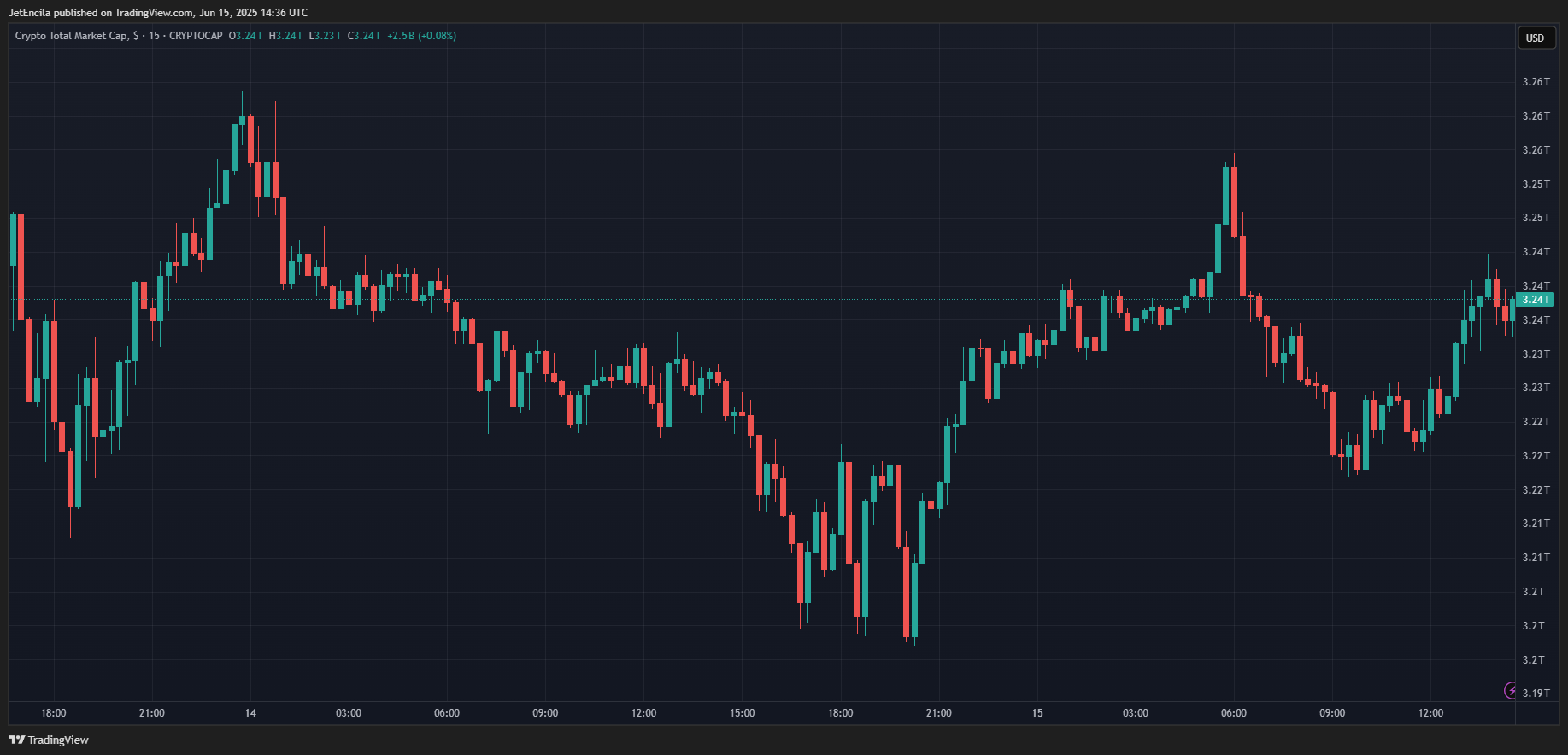Brazil’s finance ministry has moved to simplify crypto taxes, swapping a tiered system for a single flat rate. On June 12, Provisional Measure 1303 took effect, scrapping the old break that let residents sell up to R$35,000 (about $6,300) in crypto each month tax‑free. Now, every capital gain from digital assets faces a 17.5% levy.
Flat Tax Applies To All Investors
According to local reports, the new rule ends the exemption and treats all traders the same. Small‑scale sellers who once paid nothing now owe 17.5% on every gain. Big players could actually save money. Before, anyone moving more than R$30 million in a month hit a 22.5% top rate. Now they pay just 17.5%.
Small Traders Face Bigger Bills
Based on reports from Portal do Bitcoin, someone who sold R$30,000 in crypto last month would have owed zero under the old law. Under the new flat rate, that person now owes R$5,250. That’s a steep rise for casual users and hobbyists.
NEW
: Brazil ends crypto tax exemptions with a new flat 17.5% tax on all profits—no more R$35K monthly buffer! Under Provisional Measure No. 1303, even small $BTC or $ETH gains are now taxed equally. Retail traders hit hardest, while bigger players may benefit.#Brazil… pic.twitter.com/3eETcLCV5i
— FinanceFeeds (@FXFinanceFeeds) June 13, 2025
At the same time, a trader handling R$10 million in a single deal would drop from roughly R$1.75 million in tax under the old system to R$1.75 million now, so no change. But those above R$30 million save up to R$150,000 per R$1 million traded.
Quarterly Reporting And Losses
Crypto holdings held in self‑custody wallets or abroad did not escape this overhaul. All gains are tallied every three months. Investors can offset losses from the previous five quarters.
After 2025, that window shrinks. From January 2026 onward, only losses within the last few quarters will count. Traders will need better record‑keeping and careful timing.

Other Assets And Betting Targeted
This measure isn’t limited to crypto. Fixed‑income papers like LCAs, LCIs, CRIs and CRAs now carry a 5% profit tax. Betting operators saw their rate jump from 12% to 18%. The ministry won’t say how much extra cash it expects.
But lawmakers want a steadier flow after a failed attempt to raise the Financial Transaction Tax, which was pulled amid strong market and congressional pushback.
Meanwhile, in parallel, a separate bill would let employers pay part of a salary in crypto, capped at 50%. Full crypto pay would only be allowed for foreign staff or contractors under strict rules.
Wages for standard workers must stay in fiat. Contractors could opt for 100% crypto if both sides agree. All payouts would use official exchange rates set by Central Bank‑approved platforms.
Featured image from Unsplash, chart from TradingView



